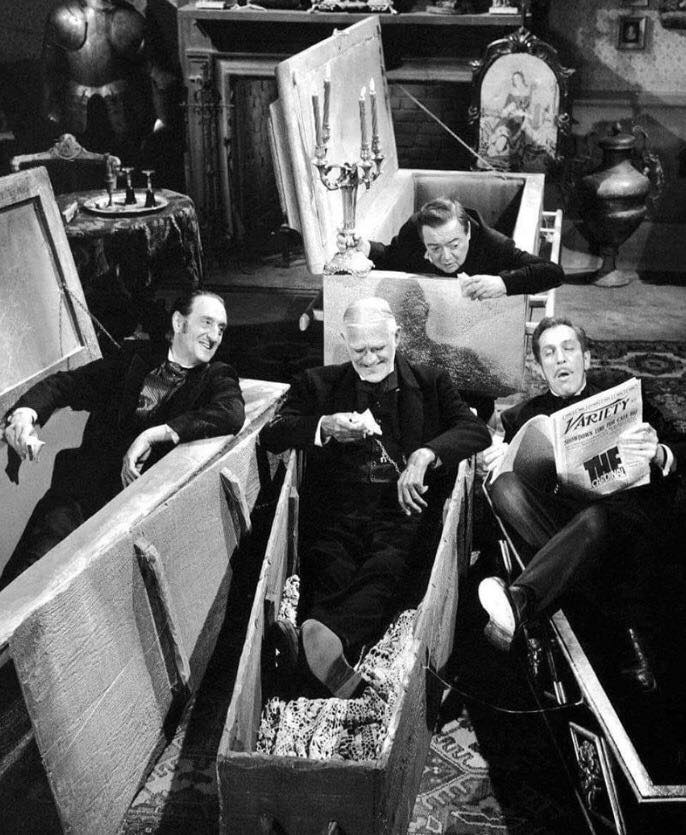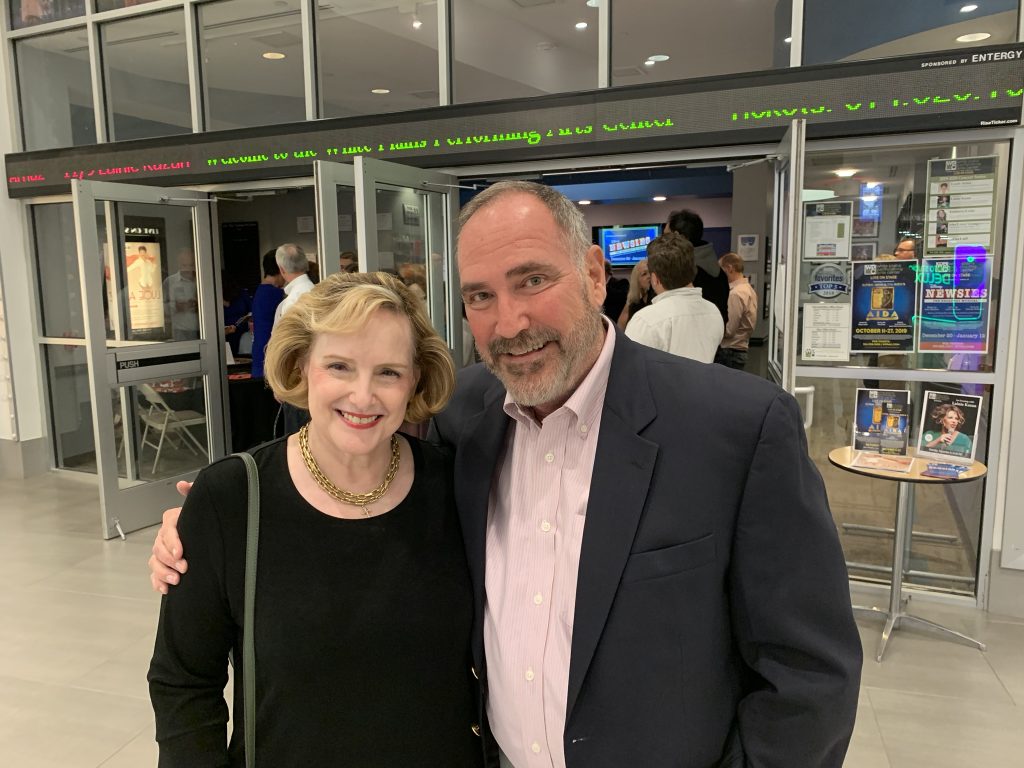Madrid, October 8, 2019
Since there are ever fewer and fewer postings on the Simesite as the months and years slip by, in order to show that the Site is not utterly comatose, we have decided to post excerpts from Variety’s Souvenir Album once a month which we feel former muggs might appreciate re-reading.
The Album was printed back in 2005 on the occasion of the 100th Anniversary celebration of the founding of Variety in 1905 by Sime Silverman and was held during a gala dinner in Sardi’s restaurant in New York.
Sadly, most of those who contributed articles to the Album have now passed away, so it is a fitting tribute to their memory to “rescue” these articles and reminiscences from the past which were included in the Album.
We have previously posted four contributions sent for the Souvenir Album by muggs Keith Keller, Larry Michie, Hy Hollinger and one on Jimmy Durante and Sime. You can read all these by scrolling down the
pages.
For the fifth installment, here is one penned by Besa concerning his recollection of an encounter with LA sales supremo, Hal Scott.
(more…)


